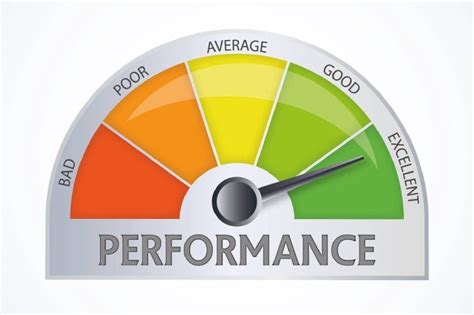Optimize recovery for peak muscle growth & sustained energy?

Beyond the Gym: The Overlooked Power of Recovery
In the pursuit of peak muscle growth and unwavering energy, most focus intensely on their workouts – the reps, the sets, the intensity. While crucial, the true magic often happens outside the gym, during recovery. Optimizing this recovery period is not just about avoiding injury; it’s the fundamental catalyst for repair, adaptation, and growth, dictating your progress and overall well-being.
Neglecting recovery can lead to plateaus, burnout, and diminished returns from even the most perfectly executed training programs. A holistic approach to recovery ensures your body isn’t just bouncing back, but actively building a stronger, more resilient foundation for sustained performance.
The Cornerstone: Prioritizing Quality Sleep
Sleep is arguably the most potent anabolic state your body experiences. During deep sleep, growth hormone is released, protein synthesis accelerates, and your central nervous system (CNS) recuperates. Skimping on sleep directly compromises muscle repair, reduces testosterone levels, impairs cognitive function, and severely limits your energy reserves for the next day’s demands.
Aim for 7-9 hours of uninterrupted, quality sleep each night. Establish a consistent sleep schedule, create a cool, dark, and quiet sleep environment, and limit screen time before bed to optimize this critical recovery window.

Fueling Recovery: Strategic Nutrition and Hydration
What you eat after and between workouts provides the raw materials your body needs to rebuild and refuel. Protein is essential for muscle protein synthesis (MPS), while carbohydrates replenish glycogen stores depleted during exercise, providing energy for subsequent training. A balanced intake of both macronutrients is paramount for efficient recovery.
Don’t overlook the importance of micronutrients (vitamins and minerals) and hydration. Electrolytes, antioxidants, and adequate water intake support cellular function, reduce inflammation, and facilitate nutrient transport, all vital components of a robust recovery process. Hydrate consistently throughout the day, not just during workouts.

Active Recovery & Mobility Work
While rest days are crucial, “active recovery” can often be more beneficial than complete inactivity. Light activities like walking, gentle cycling, swimming, or yoga can increase blood flow to fatigued muscles, helping to flush out metabolic waste products and deliver fresh oxygen and nutrients without causing further stress. This can also aid in reducing muscle soreness (DOMS).
Incorporate regular mobility work, stretching, and foam rolling into your routine. These practices improve flexibility, range of motion, and can break up adhesions in muscle tissue, preventing imbalances and reducing the risk of injury. A supple body recovers more efficiently and moves more powerfully.

Mastering Stress for Optimal Hormonal Balance
Physical training is a stressor, but chronic life stress (work, relationships, financial) can compound this, leading to elevated cortisol levels. High cortisol can hinder muscle growth, promote fat storage, and disrupt sleep, severely impeding your recovery efforts. Managing mental and emotional stress is as important as managing physical stress.
Practices like mindfulness meditation, deep breathing exercises, spending time in nature, or engaging in hobbies can significantly lower stress hormones and improve overall well-being. A calm mind supports a resilient body, creating an optimal environment for muscle growth and sustained energy.

Strategic Supplementation (When Appropriate)
While not a substitute for proper sleep, nutrition, and training, certain supplements can play a supportive role in optimizing recovery. Creatine, for example, aids in ATP regeneration, allowing for more intense training and faster recovery between sets. BCAAs (Branched-Chain Amino Acids) may help reduce muscle soreness, while magnesium can improve sleep quality and muscle function.
Always research supplements thoroughly, consult with a healthcare professional, and prioritize whole foods. Supplements should complement, not replace, a well-rounded recovery strategy tailored to your individual needs and goals.

Conclusion: The Holistic Path to Peak Performance
Achieving peak muscle growth and sustained energy isn’t solely about how hard you train; it’s about how intelligently you recover. By meticulously integrating quality sleep, strategic nutrition, active recovery, stress management, and, where appropriate, smart supplementation, you create an environment where your body can truly thrive. Embrace recovery as an integral, non-negotiable part of your fitness journey, and unlock your full potential both inside and outside the gym.









